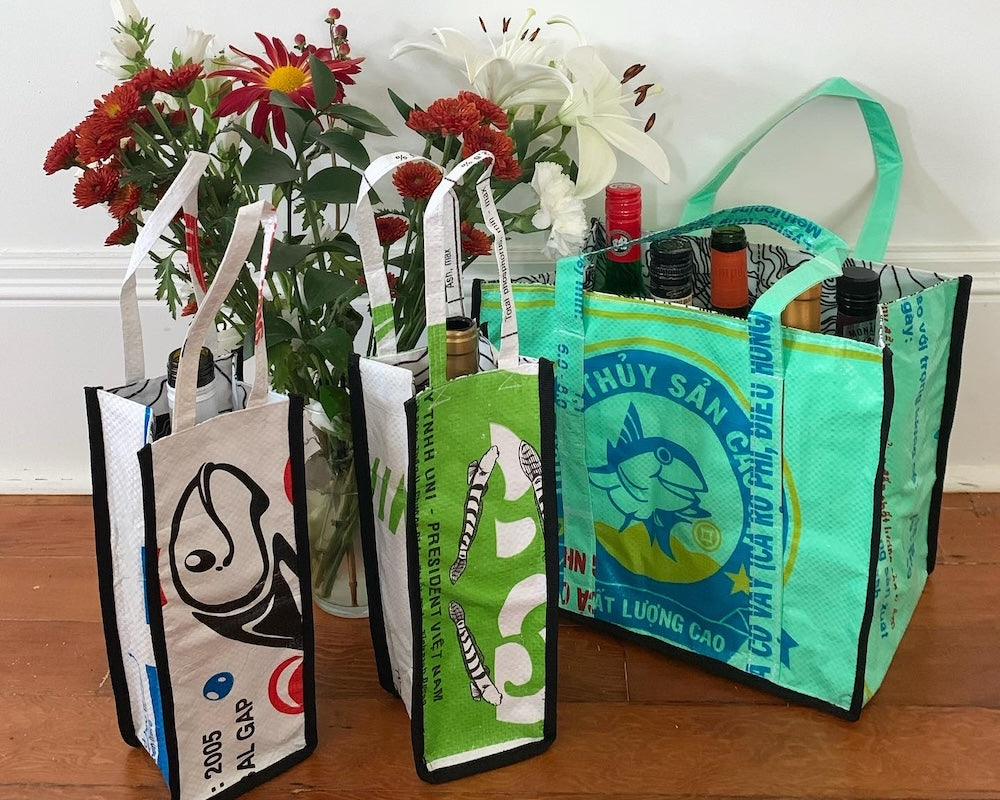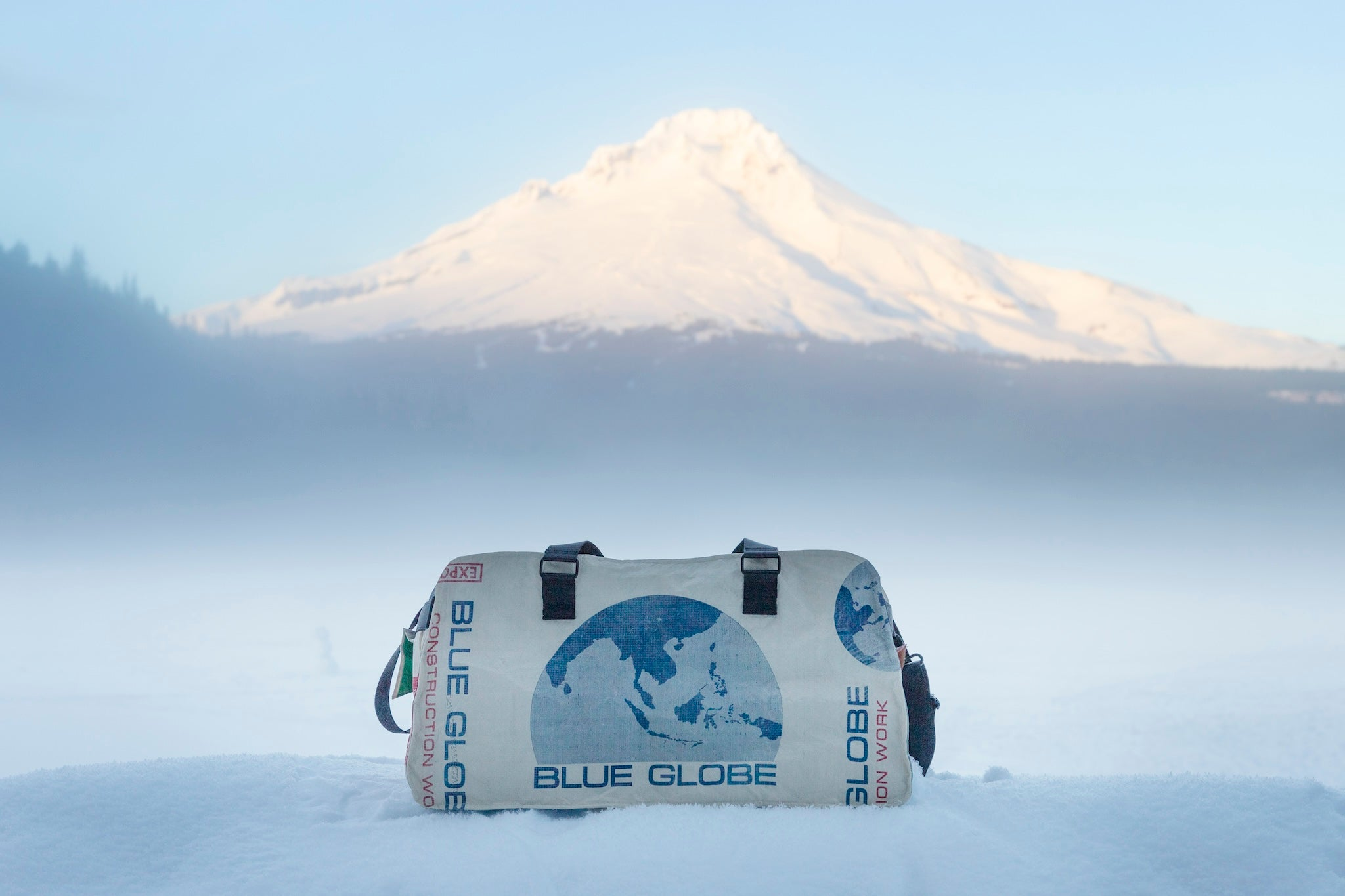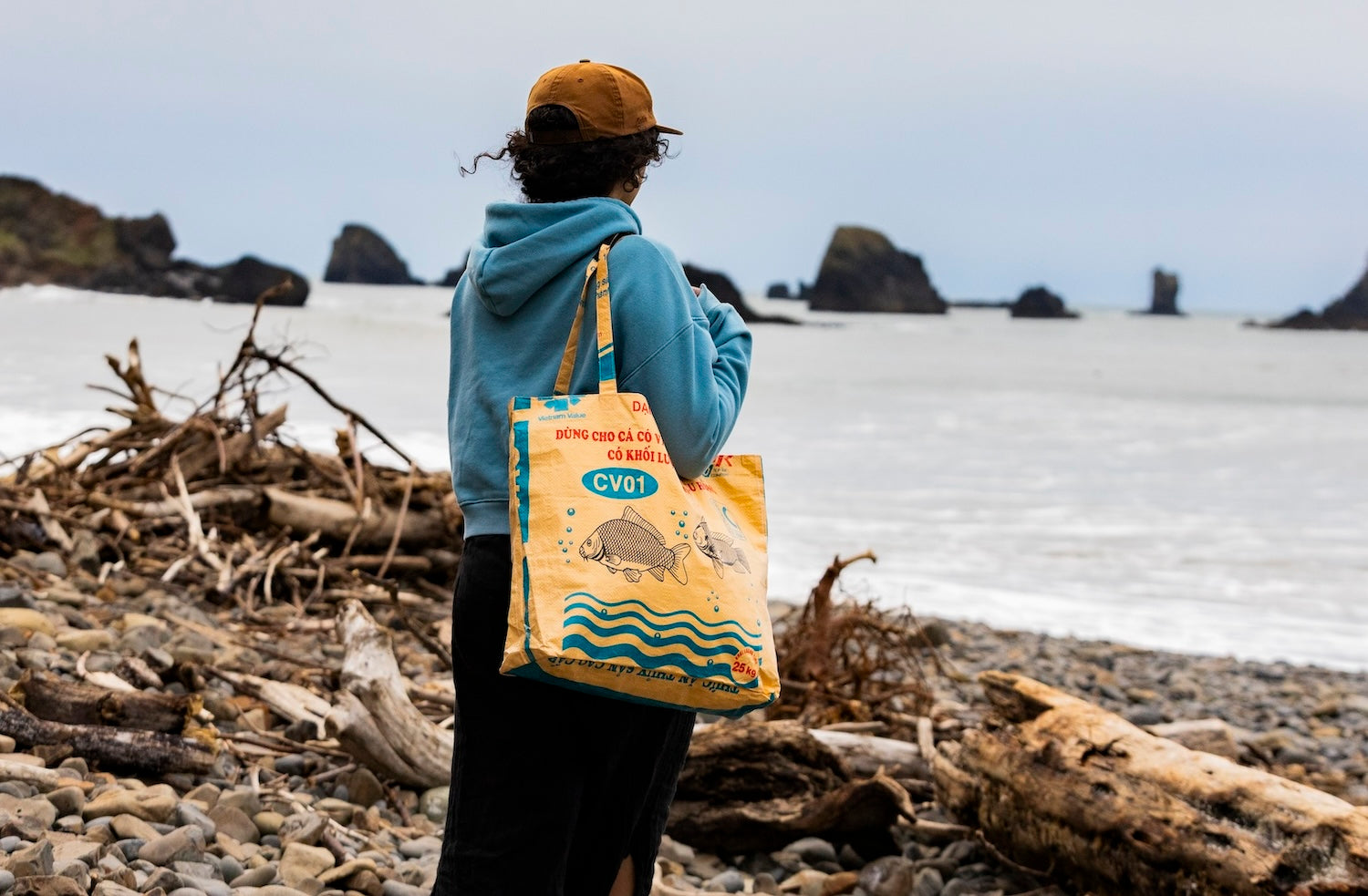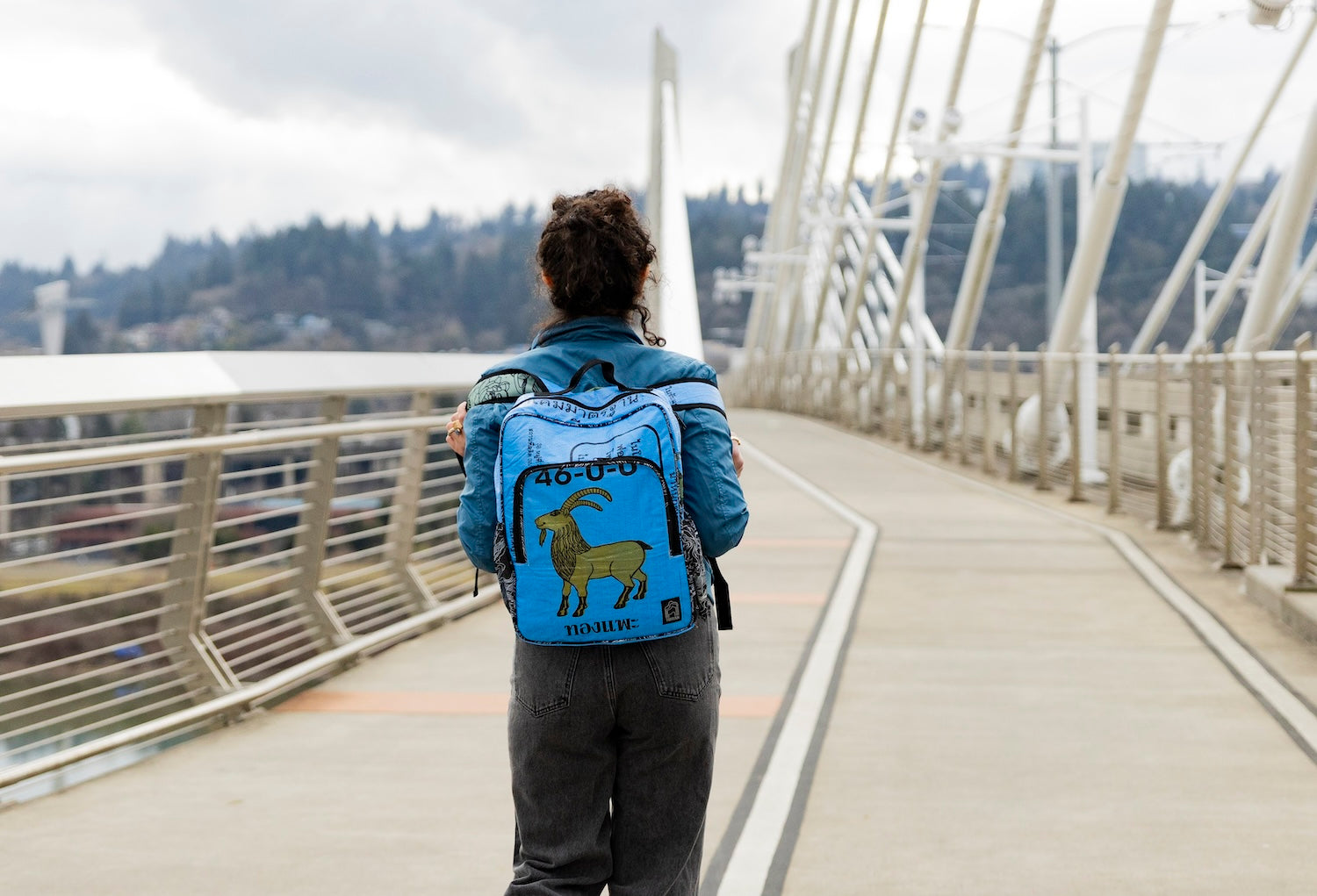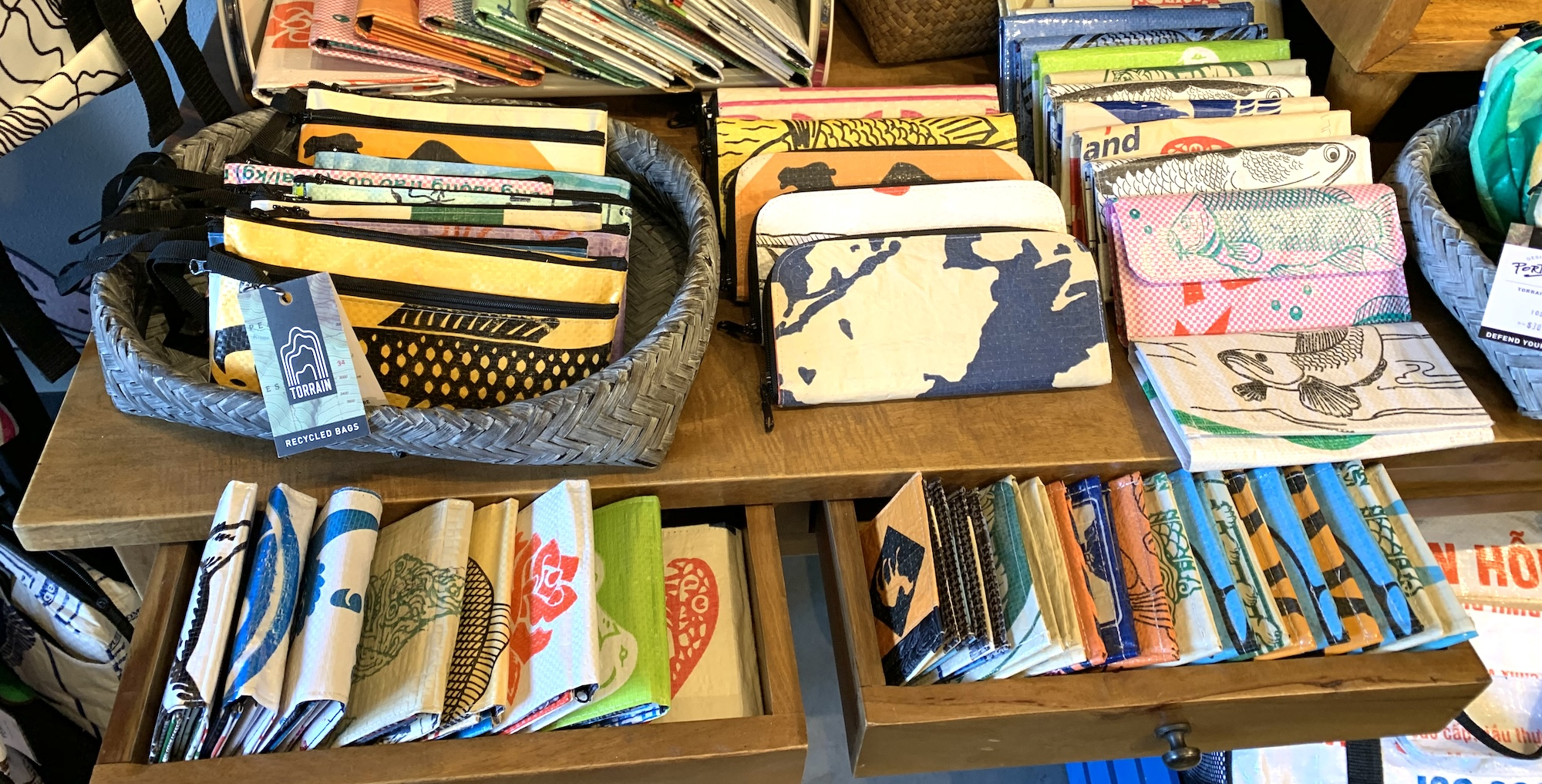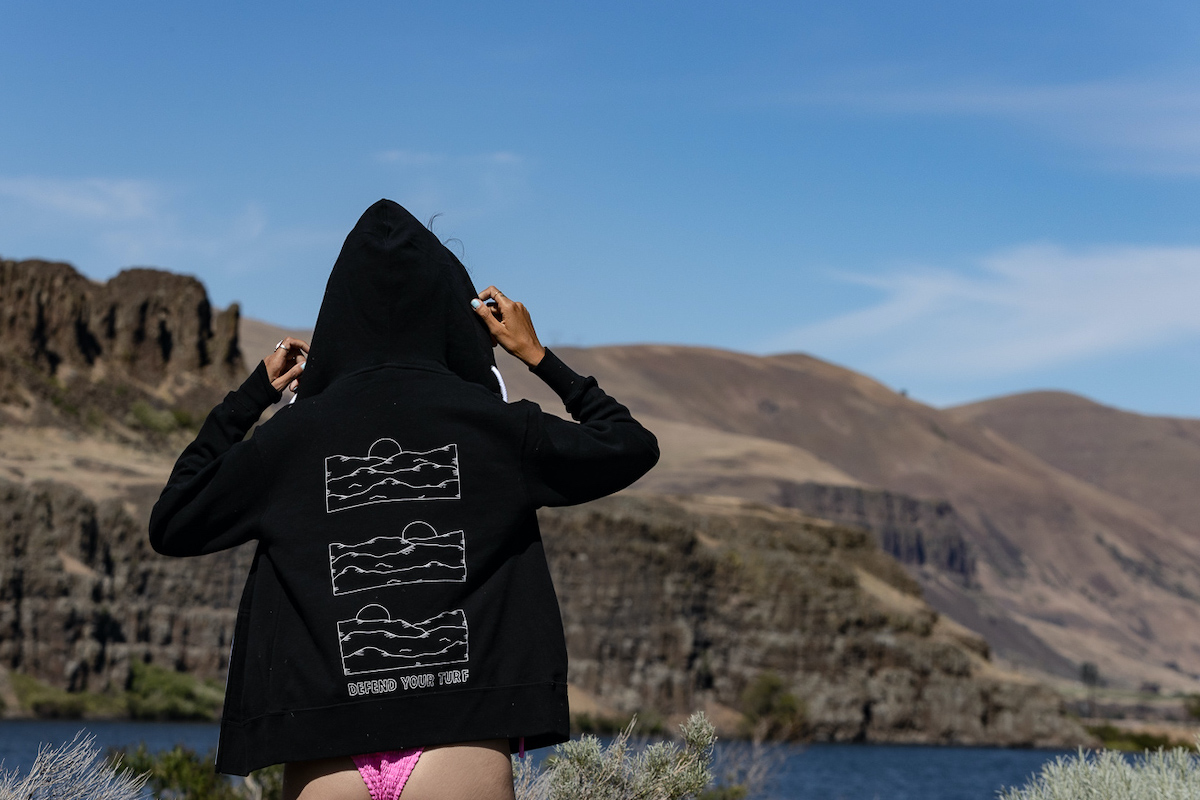Here at TORRAIN, we are constantly educating ourselves. As the Black Lives Matter movement gains traction across the world, we have been ruminating on what being an ally and an environmentalist means. The two go hand in hand, but we have to broaden our understanding of environmentalism and the effects that climate change have on different groups of humans. This is called Intersectional Environmentalism.
“This is an inclusive version of environmentalism that advocates for both the protection of people and the planet. It identifies the ways in which injustices happening to marginalized communities and the earth are interconnected. It brings injustices done to the most vulnerable communities, and the earth, to the forefront and does not minimize or silence social inequality. Intersectional Environmentalism advocates for justice for people + the planet.” - Leah Thomas, (@GreenGirlLeah)
Having the availability to even think about being sustainable is a privilege. That is why it is so important to use that privilege to think about how our choices impact everyone. If you are wondering if something is intersectional, ask yourself if what you are focussing on takes into account a broad spectrum of ideas that affect a diverse group of humans.
In the United States, because of colonialism, many people have developed a white-centric worldview. This means that power and privilege bias is ultimately in the hands of white and white-passing people. Overwhelmingly, these people have greater access to sustainable practices. Having the choice to pick one brand because it is more sustainable over another, comes down to access and money. An important point to note is that white privilege does not mean that white or white-passing people do not experience hardship and struggle, it just means that in the United States (among other places in the world), you are not disadvantaged simply by the color of your skin.
There is a multitude of scientific information available to us, showing that BIPOC individuals are more likely to be affected by lack of access to clean drinking water, grow up in an area that is more likely to have a hazardous waste site or even access to clean air. 71% of African-Americans live in counties in violation of air pollution standards. African-Americans are hospitalized for asthma at 3xs the rate of White-Americans and their death rate is 172% higher. Food deserts affect different pockets of populations all across the US, but disproportionally affect marginalized communities. This is what it means to think about intersectional environmentalism - your experience and world view is different than others.
Intersectionality is not only about BIPOC, it's about access for EVERYONE including people with disabilities. A simple example of a practice in the sustainable world, that does not include intersectionality, is the fight to get rid of plastic straws. As most people are aware of by now, there are billions of plastic straws that end up in the ocean. Our ecosystem is being heavily affected by the degradation of plastic. So, many companies banned the use of straws as environmentalists everywhere cheered them on. However, no one talked about the ableism behind that. Humans with disabilities spoke up. Not everyone is able to to pick up a glass or cup in order to drink and metal straws are not flexible. Therefore rendering the movement of abandoning plastic straws, as not an intersectional movement.
If we want to create solutions, we have to think of answers for people all across the board. That means listening to voices that aren’t just white.
Ambitious environmental campaigns have been started by BIPOC communities for decades, but their voices go unheard. That is, until a wealthy white voice has joined the mix. A recent, egregious example was when AP photos cropped Vanessa Nakate, a Ugandan climate activist, out of a photo with Greta Thurnberg and other environmentalist activists. How often is it, across the board of many issues, that white voices are the only ones that the media highlights.
The first step to moving forward is educating ourselves. A good practice is to think about all the times in your life you have found your self fighting for justice and ask if that fight was intersectional. As soon as we are aware of our habits and beliefs, we can start to correct our stances to encompass the world as a whole. Let's boost the voices that need to be heard in the fight for environmental justice and remember that without climate justice, there is no racial justice.
Resources:
https://medium.com/climate-conscious/intersectional-environmentalism-a-crash-course-6a0c495ace91


